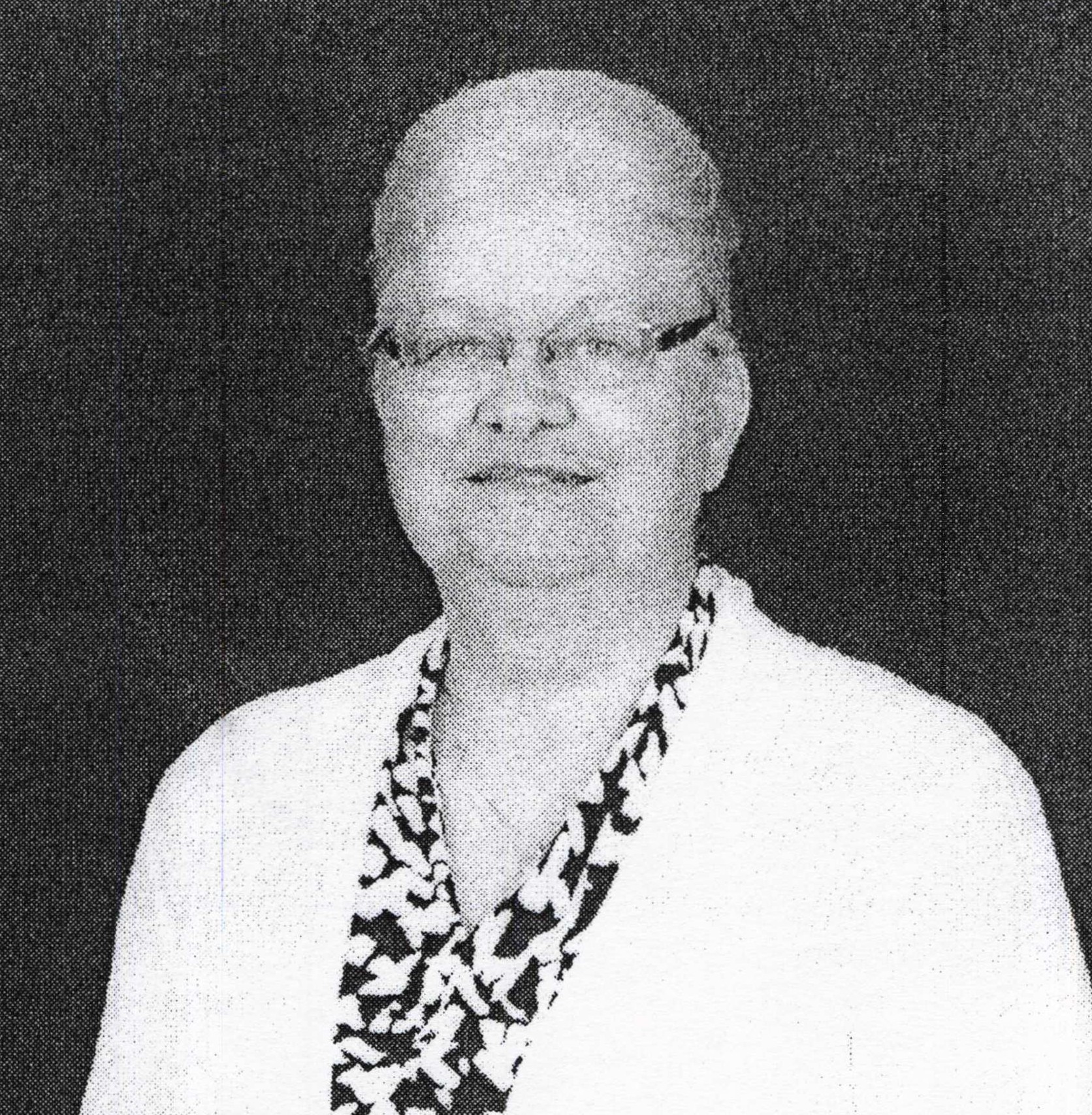
Research conducted by Erik Herzog, Ph.D., a professor at Washington University in St. Louis, indicates that the timing of chemotherapy treatments could significantly affect the outcomes for brain cancer patients. This study highlights the importance of when a treatment is administered, suggesting that aligning chemotherapy with the body’s natural biological rhythms may enhance its effectiveness.
The findings, published recently, suggest that certain times of day may yield better responses to chemotherapy in patients suffering from brain cancer. Herzog’s team explored the relationship between treatment timing and drug response, revealing that administering chemotherapy at specific times could be as crucial as the drugs themselves. This research opens new avenues for optimizing treatment schedules, potentially improving recovery rates and patient outcomes.
In their study, the researchers examined the impact of circadian rhythms on the efficacy of chemotherapy drugs. They discovered that the body’s natural clock influences how cancer cells respond to treatment. For instance, delivering chemotherapy when the body is most receptive could lead to a more robust therapeutic effect, potentially increasing survival rates for patients diagnosed with aggressive forms of brain cancer.
The implications of this research extend beyond brain cancer. Herzog emphasized that understanding the timing of treatments could be applied to various types of cancer therapies. This approach may lead to personalized treatment plans that take into account individual biological rhythms, further enhancing the effectiveness of cancer care.
As the medical community continues to seek innovative strategies to combat cancer, this study provides a compelling argument for the incorporation of timing into treatment protocols. Tailoring chemotherapy schedules to align with a patient’s circadian rhythms represents a significant step forward in personalized medicine.
The study not only sheds light on the timing of treatments but also emphasizes the need for further research in this area. Herzog and his team plan to explore additional cancer types and treatment methods in future studies, aiming to provide a broader understanding of how biological timing affects cancer therapy.
By focusing on both the “how” and the “when” of treatment, researchers hope to develop more effective strategies for fighting cancer, ultimately improving patients’ quality of life and survival outcomes.






